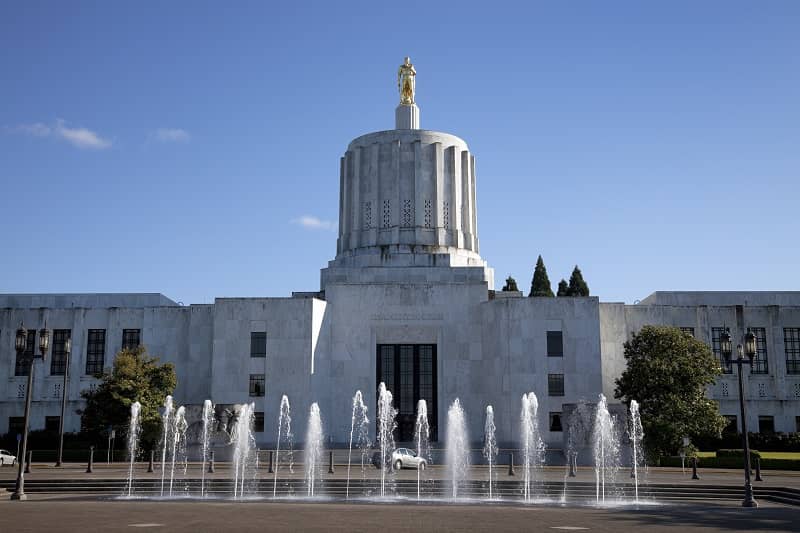

Public health nannies complain that the defeat of Measure 30 reduced Oregon’s tobacco tax by ten cents per pack. They argue that higher taxation on tobacco leads to less smoking and also funds smoking cessation programs.
There’s little evidence to support either assertion. When consumers are taxed too much, they simply buy from lower-cost outlets, either on the Internet or from Native American retailers who don’t pay taxes. This actually reduces tax revenue to the state and encourages tobacco bootlegging, which adds a new set of problems.
In New York City, with the highest combined city/state tobacco tax in the nation at $3 per pack, there were four homicides last year related to tobacco smuggling. The NYPD formed a new unit, the Cigarette Interdiction Group, which made 146 arrests and seized some 6 million illicit cigarettes. In spite of this, untaxed cigarettes continue to flow like water over a dam.
Even without bootlegging in Oregon, there’s no reason to think that increased tobacco tax revenue would go to smoking cessation programs. Oregon already receives $75 million annually from the 1998 national tobacco litigation settlement. Every dime has been siphoned off by the legislature to pay for other pet projects.
Legislators don’t care about the health of smokers. They tax tobacco because they like to spend money. The defeat of Measure 30 has thankfully constrained this behavior.
© 2006, Cascade Policy Institute. All rights reserved. Permission to reprint in whole or in part is hereby granted, provided the author and Cascade Policy Institute are cited. Contact Cascade at (503) 242-0900 to arrange print or broadcast interviews on this topic. For more topics visit the QuickPoint! archive.











